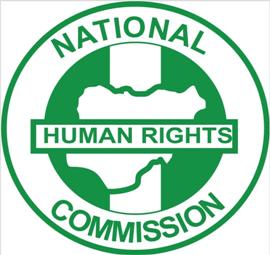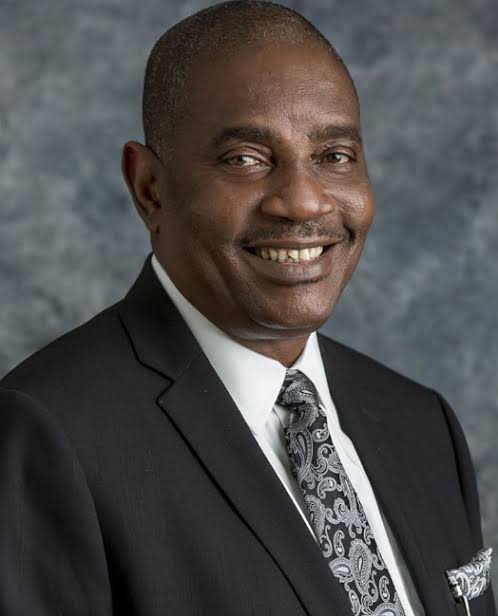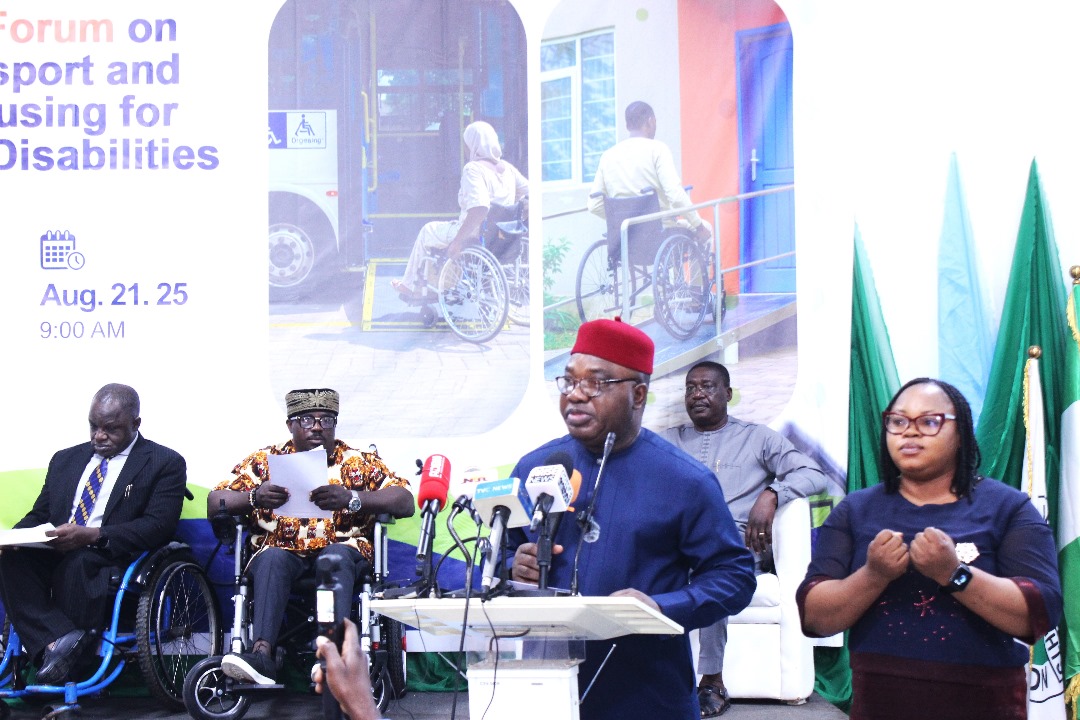Date: 27th October, 2025
Distinguished guests, colleagues, partners, members of the media, ladies and gentlemen,
Good morning and welcome to the presentation of the September 2025 edition of National Human Rights Commission Dashboard on the state of human rights in Nigeria. Every month, this platform allows us to take an honest look at the state of human rights in Nigeria not merely as figures or trends, but as reflections of lost lives and shrinked liberties.
In September, the Commission received a total of Three Hundred and Seventy-One Thousand, Six Hundred and Twenty-Two (371,622) complaints on human rights violations from across our state offices. These complaints cut across violations such as denial of access to justice, unlawful arrest and detention, domestic and sexual violence, torture, and discrimination, among others. As always, our offices across the country have worked diligently to investigate, mediate, and, where necessary, refer cases for further action.
Beyond individual complaints, our Human Rights Observatory continues to provide a broader view of emerging patterns of abuse nationwide. The September observatory reveals persistent and evolving threats to human rights across all six geopolitical zones. The North Central recorded the highest number of incidents, mainly linked to banditry, kidnapping, and road accidents, while the North West and North East followed closely with cases of terror attacks, abductions, and sexual violence. The southern regions experienced a mix of domestic violence, police abuses, mob actions, and fatal road accidents. Overall, violations of the right to life accounted for the majority of incidents, reflecting the toll of insecurity and preventable violence in our country. Among the states most affected in September were Niger, Kwara, Plateau, Kogi, and Borno, each reporting multiple layers of violence and insecurity.
In the month of September, we were confronted with the one of the highest numbers in sexual violence including the defilement of minors and rape of young persons. This has become a worrisome trend even seen in families and in close relationship. Rape is grievous offence and a gross human rights violation. It debases the humanity of the victim and is a direct affront to the conscience of the society.
In the forgoing month, the NHRC has recorded human rights violations which have impacted or impeded the enjoyment of the right to freedom of religion, conscience and thought as guaranteed under the Constitution. Attacks on places of worship, worshippers and religious persons were recorded across seven states. The NHRC is not unaware of the recent conversations on whether or not there exist a form religious genocide in Nigeria. We believe that the situation presents an opportunity for national conversation on the normative and legal underpinnings of the right to freedom of religion as the invisible glue that holds the fabrics of Nigeria. As Nigeria’s National Human Rights Institution, we are ready to lead in this conversation and we call on government, non-state actors and international development partners to join us in this regard.
September like previous months presented us with yet another painful month of wanton killings associated with banditry and criminalities across Nigeria. Our observatory findings reinforce what our complaint data already shows - that the right to life and personal security remain under serious threat, and that systemic impunity and weak accountability mechanisms continue to aid violators of human rights.
Distinguished colleagues, the findings from our September dashboard reaffirm that Nigeria’s human rights challenges remain deeply intertwined with insecurity, weak accountability systems, and social inequalities. Yet, these data points also serve a vital purpose: they should guide our interventions and direct resources where they are most needed: to communities under siege, to survivors in need of redress, and to institutions that must be strengthened to protect the rule of law. As we move forward, our collective commitment must remain firm: to protect life and dignity, to hold violators accountable, and to build a Nigeria where human rights are not an aspiration.
Let me take this opportunity to thank our state offices, partners, civil society allies, the media and all whose contributions continue to make this work possible. We also extend our appreciation to the United Nations Development Programme and the Office of the High Commissioner for Human Rights for its support through the Tripartite Partnership Programme (TPP). We also appreciate the Royal Norwegian Government for its support to the TPP programme.
Thank you.
Dr. Tony Ojukwu OFR SAN Ficmc
Executive Secretary
National Human Rights Commission
Download the Executive Secretary's speech here:
Access the full dashboard here:








